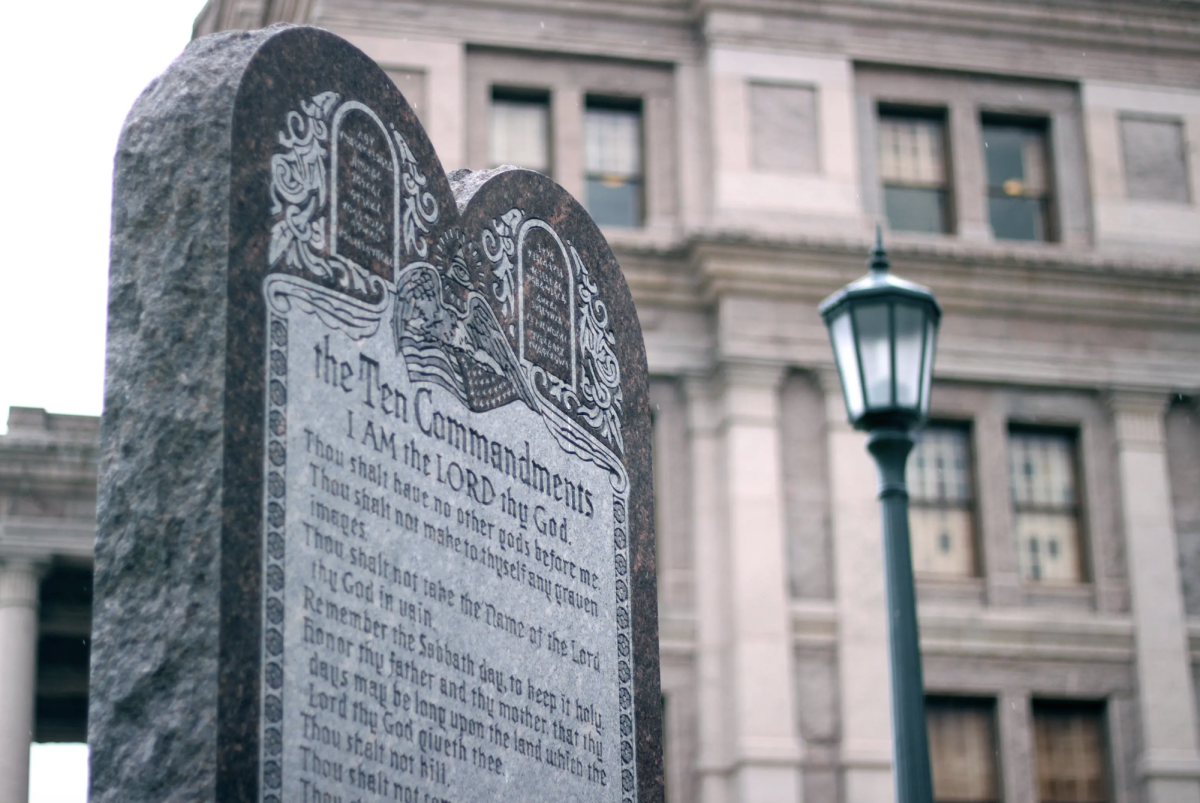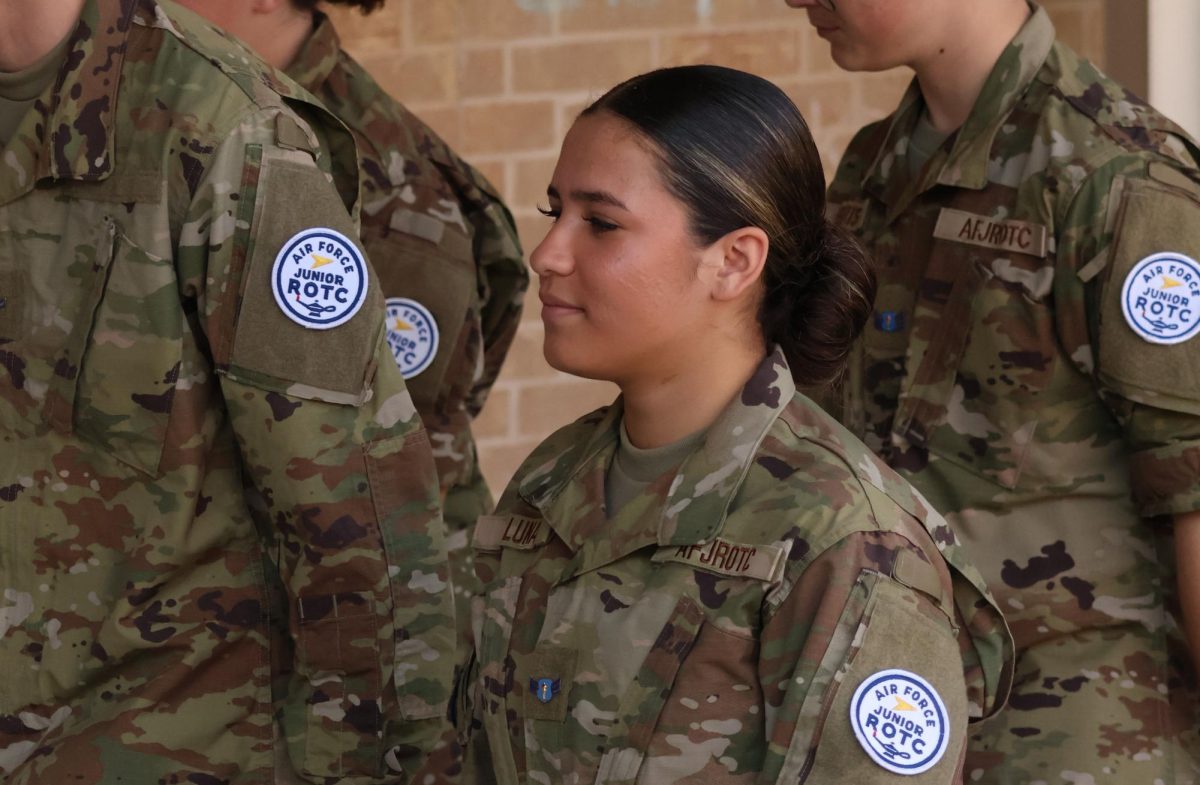In an attempt to earn college credits, students taking Advanced Placement courses will sit for exams starting Monday. Testing will span two weeks and, nationwide, 36 topics.
“AP is amazing in the sense that I don’t have to worry about taking math classes when I’m in college,” junior and AP scholar Aashka Shroff said. “It really prepares you for the world and gives you a good work ethic. I’ve learned a lot.”
Born from fear during the Cold War of American students falling behind their Soviet counterparts, College Board created the AP program to accelerate students’ college readiness. Students are thus challenged to comprehend university-level material as young as 14-years-old.
“Overall AP testing is a little difficult but it’s worth it,” Aishwarya Parab, a freshman taking the AP Human Geography test said. “The actual test is optional, you get the opportunity to learn things that should be taught at a college level, and it’s rewarding to pass and get college credit for all the work you’ve done.”
Taking an AP course does not dictate students sit for the exam, and the opposite is true: students are not required to be enrolled in the specified class to take the test, College Board website said.
“I’m in four AP classes but I’m only taking two of the tests,” AP student and junior Mia Bellinghausen said. “I just know I won’t do well on the other two. I’d rather not spend money on a test when I know I’m not going to pass it.”
Historically, students able to pay for test prep have received better results than those without said resources. To prevent prerogatives from sweeping exam scores, College Board tries to provide study material for each subject.
“AP is a good opportunity for a lot of students to get college credit so they don’t have to pay for as much,” AP Human Geography student and freshman Moz Laser said. “But I also think that the test costing money can backfire on that idea. While it’s good to prepare for college and to get credit, there are some way that it can improve for everyone.”







